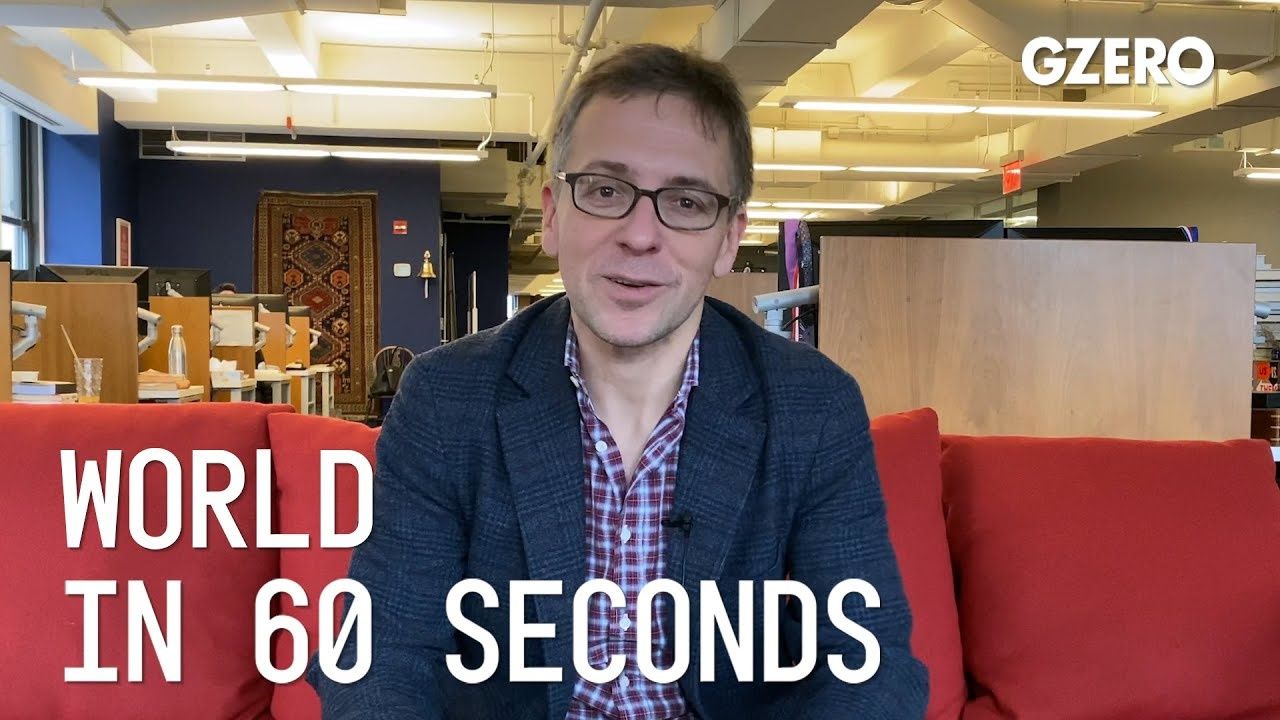
What is the Munich Security Conference? Why is it important?
Well, it started 1962 and at the time it was the height of the Cold War and it was the West versus the Soviets. The world breaking into security blocks and all of the heads of state and ministers of defense getting together and finding a way to try to ensure there was coordination of policy and avoid World War III. And eventually, defeat the Soviets. Life very different now, obviously. The world has changed dramatically, but the institutions like NATO, not so much. And that misalignment is enormously concerning to a lot of the people that are committed to the transatlantic relationship and what Western security is all about.
What is the theme of the conference and what are your expectations?
Well, the theme of the conference is "Westlessness," which is this view that we talk about global security and increasingly we don't know what the West is. It's more unilateralism from the United States. Less relevance of NATO, even though it's not falling apart. Questions about the durability of these alliances. And to what extent when we talk about global security, there increasingly is a West or is it mostly about the US versus China and all the other countries hedging and aligning themselves in ways that are more useful economically? Is there really a coordinated and cohesive Europe? What do we think about the Russians? I mean, this is a conference where historically, you got the New Start Deal done between Hillary Clinton and Lavrov in the last decade. Then you had Putin giving a what for to the west and talking about how the the US led order was falling apart. Westlessness is a pretty interesting topic in a GZERO world at this week's Munich Security Conference.